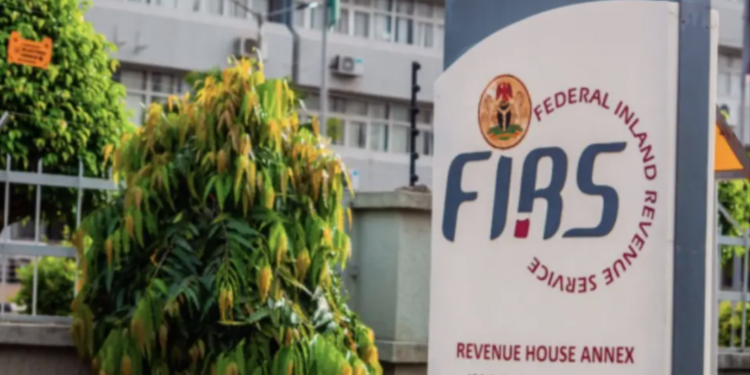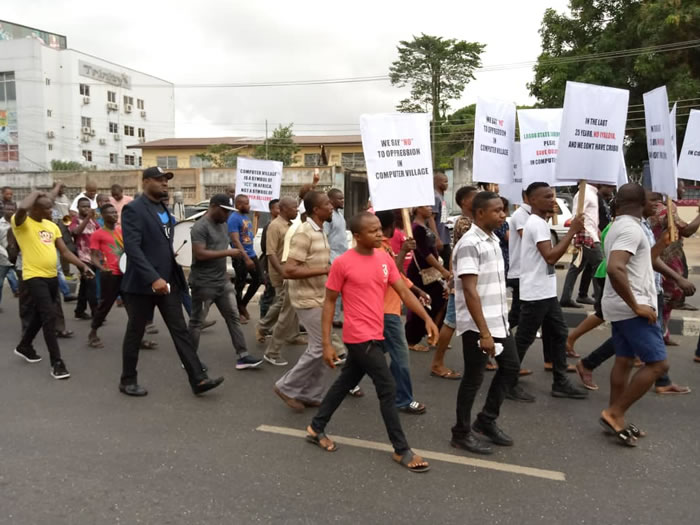The Federal Government, in partnership with the United Nations Development Program (UNDP) and the Organisation of Economic Co-operation and Development (OECD), has launched the Tax Inspectors Without Borders- Criminal Tax Investigation Programme (TIWB-CI)
Recommended reading: FIRS introduces self-registration module on Tax-Pro Max platform
The program is aimed at combating tax crimes and strengthening the tax crime enforcement framework.
The service disclosed this in a post-prequel to the launch of the program, stating that it is a crucial step in the nation’s fight against illicit financial inflows.
It stated, “Nigeria is set to achieve a significant milestone in its fight against tax crimes with the launch of the inaugural Tax Inspectors Without Borders – criminal tax investigation programme.”
“The programme, known as the Tax Inspectors Without Borders- Criminal Investigation (TIWB -CI), is a joint initiative between the Organisation for Economic Co-operation and Development (OECD) and the United Nations Development Programme (UNDP).”
“The programme aims at: – Facilitating knowledge sharing and skill development among tax authorities in developing nations. – Building the capacity of tax crime investigators in developing countries through real-time assistance in criminal case investigations and strengthening tax crime enforcement frameworks to effectively resolve cases.”
Furthermore, the service noted that the program would be implemented in three phases and scheduled to conclude in the next 24 to 30 months after which an evaluation of the program’s effectiveness will take place.
The statement reads, “Implemented in three phases, the programme is designed to conclude within 24-30 months, providing comprehensive support and guidance to participating jurisdictions.”
“The launch of the Tax Inspectors Without Borders criminal tax investigations programme highlights Nigeria’s commitment to combating tax evasion and fostering transparency in its fiscal systems. This collaborative effort between the OECD and UNDP reflects a shared vision for promoting fair and equitable taxation practices globally.”
What you should know
Nigeria has one of the lowest revenue-to-GDP ratios in Sub-Saharan Africa at just 10% as of 2022. It is in this regard, that President Bola Tinubu set up a committee on fiscal policy and tax reforms upon assumption into office in August.
- In 2023, the FIRS surpassed its target revenue collection by over N1 trillion to reach N12.37 trillion for the year. The new Chairman of the FIRS, Zacch Adedeji has set a target of 18% revenue to GDP by 2026.
- In light of this revenue shortfall, the International Monetary Fund (IMF) has asked the Federal Government to increase the VAT rate from 7.5% to 10% by 2025 and 15% by 2026 in its staff report for 2024.
- Furthermore, the World Bank has also recommended an increase in the VAT rate from 7.5% and asked that exemptions of certain petroleum products from VAT be removed.
- However, it noted that the increase in VAT rate be accompanied by input tax credits and simple turnover tax for SMEs at the state level.















